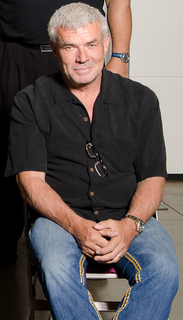A Quote by Michael Robotham
Violence is inevitable in crime novels, but there are many different ways to tell a story. I use my characters' reactions to illustrate the worst moments rather than let readers witness them at first hand.
Related Quotes
I respond very well to rules. If there are certain parameters it's much easier to do something really good. Especially when readers know what those are. They know what to expect and then you have to wrong-foot them. That is the trick of crime fiction. And readers come to crime and graphic novels wanting to be entertained, or disgusted.
I'd read one too many crime novels where the victim was just a name: body number one, dead woman number 12. I understood fear, and I wanted to create characters who made readers say, 'Please, don't hurt this guy.' That's the key to suspense. It's easy to disgust a reader. It's much harder to make them care.
In her previous novels, Maggie O'Farrell has often measured the distance between intimates and the unexpected intimacy of distance - geographic, temporal, cultural. In 'The Hand That First Held Mine' and 'The Distance Between Us,' characters separated by many miles or many years turn out to be joined in ways they never anticipated.
It's only a story, you say. So it is, and the rest of life with it - creation story, love story, horror, crime, the strange story of you and I. The alphabet of my DNA shapes certain words, but the story is not told. I have to tell it myself. What is it that I have to tell myself again and again? That there is always a new beginning, a different end. I can change the story. I am the story. Begin.
In Pakistan, many of the young people read novels because in the novels, not just my novels but the novels of many other Pakistani writers, they encounter ideas, notions, ways of thinking about the world, thinking about their society that are different. And fiction functions in a countercultural way as it does in America and certainly as it did in the, you know, '60s.
Professional wrestling... is no different than a Broadway play except that in a Broadway play, actors are using dialogue to tell a story and establish their characters, while in WWE, they're using a physical dialogue to tell their story and build their characters. That's a very unique art; it really is.




































